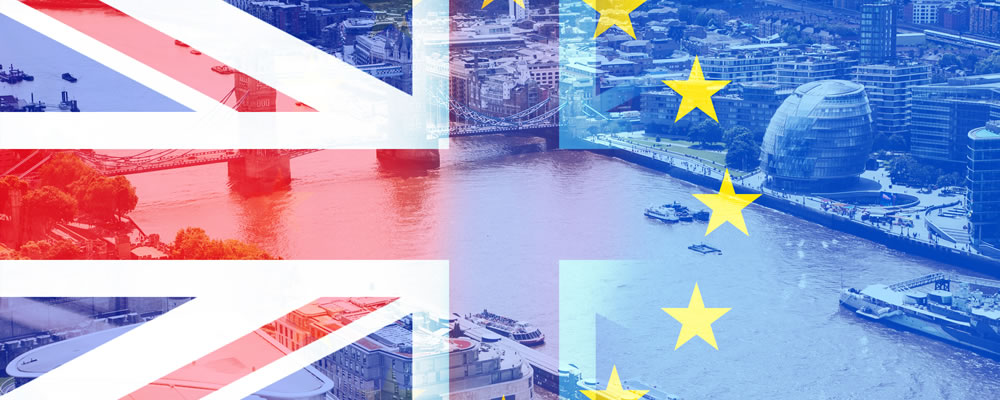The GBP EUR exchange rate climbed on Friday morning when UK Prime Minister Theresa May announced that a last minute deal has been struck with the EU to move negotiations onto their next phase.
Brexit Deal Finally Struck, Pound Euro (GBP EUR) Exchange Rate Soars
Theresa May announced on Friday morning that there will be no ‘hard border’ in Ireland and that the rights of UK citizens in the EU (and EU citizens in the UK) will be protected.
Heralding this success, European Commission President Jean-Claude Juncker announced that ‘the breakthrough we needed’ has been finally been achieved and that transition and trade talks can final go ahead.
But what exactly was agreed upon?
As of this morning, the primary announcement is the guarantee that there will be no hard border between Northern Ireland and the Republic, with DUP leader Arlene Foster asserting that she is ‘pleased’ with the progress and Irish Foreign Minister Simon Coveney asserting that the latest deal was a ‘very good outcome for everyone on the Island of Ireland’.
The deal also makes clear that the entirety of the United Kingdom, including Northern Ireland, will be leaving the customs union.
On the subject of money, there is no exact figure that the UK is expected to pay, though the joint document suggests that the final figure will near £50bn.
The UK has also agreed to continue to pay into the EU’s budget as normal in 2019 and 2020, also paying liabilities such as pension contributions.
Overall this news has been well received, with markets having waited for months for Westminster to be given the go-ahead to move onto the next phase of talks.
Germany’s SPD to Begin Talks with Merkel, EUR Exchange Rates Remain Encumbered
Martin Schulz, leader of Germany’s Social Democrats (SPD) has given the go ahead for their party to enter preliminary coalition talks with Chancellor Angela Merkel’s Christian Democratic Union (CDU) in a vote that could potentially end Germany’s political stalemate.
Some 600 SPD members gathered in Berlin yesterday to debate on whether they should truly operate as opposition, or return once again to talks regarding partnership with Merkel.
The vote was overwhelmingly in favour of resuming talks.
Schulz asserted, however, that the party cannot enter a new coalition without significant policy concessions from the CDU, stating that ‘governing cannot come at any price’.
Nonetheless, this news arrives after months of deadlock and indeed the collapse of the ‘Jamaican’ coalition; the partnership between the CDU, the Free Democratic Party (FDP) and the Green Party.
In this respect, the market reaction to this news has been positive, with many investors content to see progress made towards restoring a fully functioning government in Germany.
It was not, however, enough to topple the Pound’s current lead, leaving the GBP EUR exchange rate in the Pound’s favour.
GPB EUR Forecast: Notable Data and BoE Rate Hike Prospects
Ecostat releases for both nations today have been slightly mixed.
The UK’s run of positive readings included a jump in industrial production and manufacturing production, with a narrowing in the UK’s trade deficit also being pertinent (rising from -£1,141 to -£1405, far better than the -£3000 deficit that was expected).
Beyond this, the UK’s Bank of England (BoE)/TNS inflation forecast for the next 12 months printed at 2.9%, up from the previous estimate of 2.8% and marking the highest expectation for inflation in the UK in over two years.
This reading has led many economists to now predict that rate hikes from the BoE will be even more likely as we move into 2018, with 63% of the public expecting interest rates to increase in 2018.
In slightly worse news, construction output fell annually in October from 1.1% to -0.2%, missing the 1.8% gain forecast.
This was not enough to deter market demand for the Pound, however.
For the Bloc, Germany’s trade balance disappointed by falling from 25.4b in October to 18.9b, well below the 21.9b forecast.
This leaves the forecast for GBP EUR surprisingly positive, especially if today’s Brexit negotiation headway continues.
It should be noted, however, that the DUP has asserted that there is still ‘more work to be done’ and that its eventual vote will depend entirely on the contents of the final deal.
